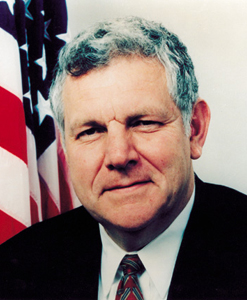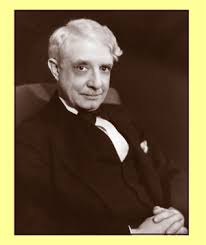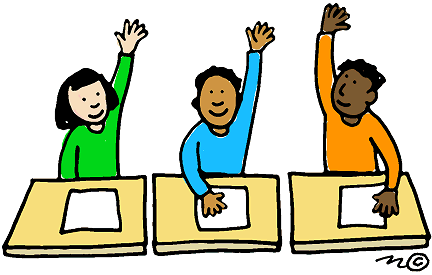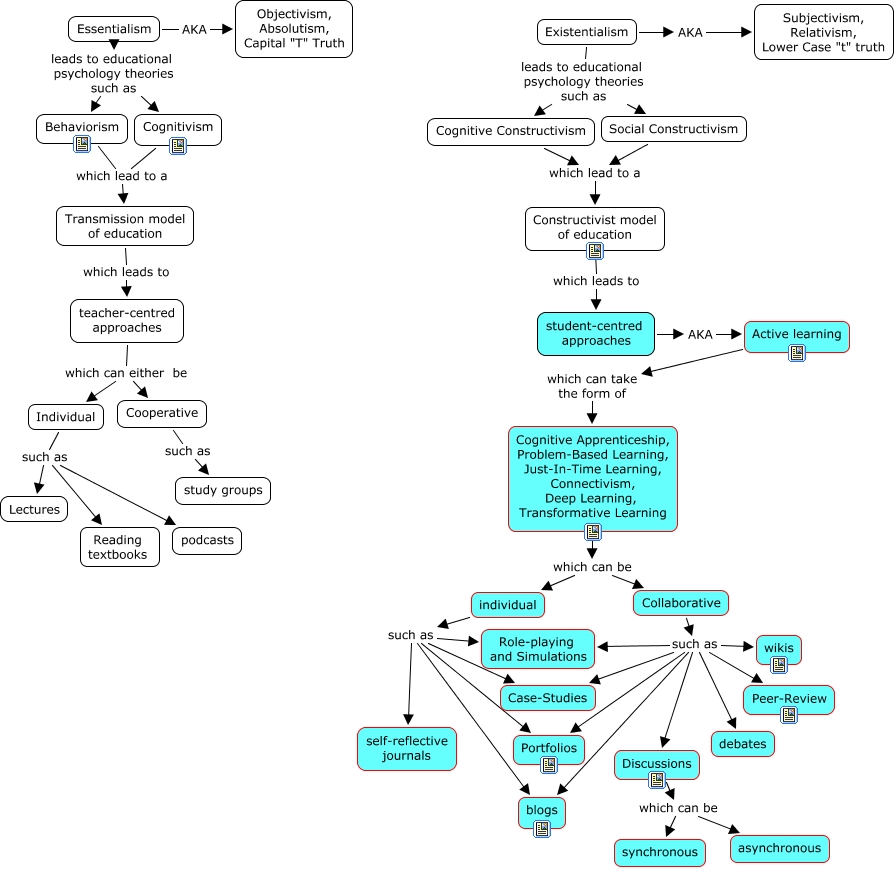What Our Page Covers:
-
The History of Essentialism-Summer, Bret, Kayla
-
The basics of Essentialism-Brittany M., Summer, Bret, Kayla
-
Curriculum - Summer, Bret, Kayla
-
The Essentialist Classroom- Brittany
-
Purpose of Scholling- Summer, Kayla, Bret
-
Why are assessments essential? - Alivia
-
Class room management- Sarah Horvath, Summer, Bret, Kayla
-
The Essentialist teacher -Sarah Horvath, Summer, Bret, Kayla
-
Nature of Learner - Summer, Bret, Kayla
-
Leading Educational Proponents - Kayla
-
An Example of Essentialism in the Classroom - Courtney
-
William C. Bagley and Essentialism- Megan
-
Cartoon Example- Allison
-
Questions and Answers- Alicia and Collin
-
Adaption, Advantages, and Disadvantages of Essentialism- Alicia and Collin
-
Diagram Showing The Importance of Essentialism-Alicia and Collin
Essentialism
An educational theory
that focuses on an
essential set of learning prepares
individuals for life by concentrating
on the culture and
traditions of the past.




-Summer, Kayla, Bret
________________________________________________________________________________________________________________________________________________________________________________________________________________
The History of Essentialism
Essentialism began in the 1930's, to protest against the downfall of the standards of the schools. Essentialist often base their cratiques of American eduaction off of the standards from other counties like Japan and Germany. They also believe that the American education system in an attempt to create standards that are equal had to dumb down the curriculum. In addition, the basis of American culture was not being taught.
Summer, Kayla, Bret
____________________________________________________________________________________________________________________________________________________
The Basic's of Essentialism
-
Essentialism is based off of the philosophies of idealism and realism
-
Essentialism refers to the "traditional" or "Back to the Basics" approach to education.
- It contends that schools should not try to radically reshape society
- Its named comes from the striving to instill students with the "essentials" of academic knowledge and character development.
-
Essentialism is grounded in a conservative philosophy that accepts the social, political, and economic structure of American society.
-
It contends that schools should not try to radically reshape society.
-
Essentialists believe that teachers should instill such traditional American virtues as respect for authority, perseverance, fidelity to duty, consideration for others, and practicality.
- Brittany Matheney
-Summer, Kayla, Bret
_________________________________________________________________________________________________________________________________________________________________________________________________________________________________________________________________________________________________________________________________________________________________________________________________________________________________________________________________________________________________________________________________________________________________________________________________________________________________________________________________________________________________________________________________________________________________________________________________________________________________________________________________________________________________________________________________________________________________________________________________________________________________________________________________________________
Curriculum
Essintialist believe that we must know the essentails of life; survival, how to be productive, and how to live as proper civilians. As we get older there should be more advanced subjects added to the curriculum being taught. It is also thought that only the basic subjects need to be taught. There should not be impratical subjects added to the curriculum. Morals and character should be an important factor to the curriculum as well.

Former U.S. Secretary of Educatioin
William Bennett
He was a strong supporter of essentailism.
-Summer, Kayla, Bret
__________________________________________________________________________________________________________________________________
The Essentialist Classroom
•Essentialists urge that the most essential or basic academic skills and knowledge be taught to all students.
•Traditional disciplines such as math, natural science, history, foreign language, and literature form the foundation of the essentialist curriculum.
•Elementary students receive instruction in skills such as writing, reading, measurement, and computers.
•Even while learning art and music, subjects most often associated with the development of creativity
•The students are required to master a body of information and basic techniques, gradually moving from less to more complex skills and detailed knowledge.
•Moreover, essentialists maintain that classrooms should be oriented around the teacher, who ideally serves as an intellectual and moral role model for the students.
- Brittany Matheney
Purpose of schooling
The purpose of Essentialist primarily is to train students the culture and tradtion's of the past.
It also provides students with knowledge and skills to be successful in democratic and technological society.
-Summer, Kayla, Bret
William C. Bagley (1874–1946)
The Founder of The Essentialist Movement

Why are Assessments Essential?
Influenced
By
Assessments
|
Decisions About Grades
|
Placement
|
Advancement
|
Instructional needs
|
Curriculum
|
Money
For You
|
Money For Your School
|
|
Example of Related Assessment
|
EOC (End-of-Course Exam) 10% of your final grade
|
PACT: places you in tech, college, and honor prep class in grade school
|
HSAP: if you pass it you get to graduate
highschool
|
if you take an assessment and you have a very low score have special instructional needs
|
the higher your state scores, the higher the excpectations are for the next year, so the higher the curriculum standards are going to be
|
(PSAT,ACT,
SAT,etc could land you scholarship $$$)
|
STAR the higer you score if you score high you can earn money for your school |
By: Alivia
__________________________________________________________________________________________________________________
Classroom Management
Classroom manangement for the Essentialist holds a strong hand on the core values of discipline and having good morals. Also, they believe respect is a very important aspect. The essentialist classroom would be considored very strict and would have high expectations of excellent behavior.
-Summer, Bret, Kayla

"They prepare for life by being exposed to fundamental knowledge and values, as well as being excercising discipline." - Foundations of American Education
______________________________________________________________________________________________________________________________________________________________________________________________________________
The Essentialist Teacher

"The essentialist educator is viewed as either a link to the "literary intellectual inheritance" (idealism) or a "demonstrator of the world model" (realism)."
- Foundations of American Education
Essentialist teachers should try to put forth traditional moral values and qualities such as respect for authority,determination, loyalty to duty, consideration for others, and realism and the knowledge that students need to become model citizens.
-Summer, Bret, Kayla



The teacher should serve as an academic and moral role model for the students!
by: Sarah Horvath
______________________________________________________________________________________________
Nature of Learner
A student needs to have discipline academically and moral training to overcome their natural tendencies. Having discipline in those areas can benifit a student in the long run. A student learns how to act socially in addition to learning great study habbits and how the teacher work.
Kayla Nunnery
-Summer, Bret, Kayla

Kayla Nunnery
________________________________________________________________________________________________________________________________________________________________________________________________________________
Leading Educational Proponents
"Essentialism's greatest popularity emerged in the 20th century. A major revival of essentialism occurred with the back-to-basics movement, which gained support in the 1970's and was echoed in the education reform reports of the 1980's." One of the individuals most identified with the contemporary essentialist movement is E.D. Hirsch Jr. His best-selling cultural Literacy: "What Every American Needs" to know became a mainfesto for the back-to-basics movement.
Kayla Nunnery
________________________________________________________________________________________________________________________________________________________________________________________________________________
An Example of Essentialism in the Classroom
This is a video that implicates Essentialism in a "real life" situation. While watching this video I thought of how we could all really relate to it, and how easily it conveys Essentialism so that we can better understand it as young adults. Also, it definitely looks like something we would do in class and is far from a boring way to explain what exactly it is that an Essentialist's beliefs are.
(contributed by Courtney Dempsey)
Source : YouTube.com
_________________________________________________________________________________________________________________________________
William C. Bagley

& The Essentialists
“Essentialists hope that when students leave school, they will possess not only basic skills and an extensive body of knowledge, but also disciplined, practical minds, capable of applying schoolhouse lessons in the real world.” – William C. Bagley
Bagley saw the American education weak, lacking in rigor, full of "frills," and inadequate in preparing youth for productive participation in society. Essentialists were very critical of social re-constructionists. His idea was that instead of trying to rebuild society, educators would serve their community by finding people who were knowledgeable of the fundamental skills and subjects needed to provide a basis for understanding.
(Sources: The Foundations of American Education & www.quoteland.com)
Contributed by: Megan Shields
_______________________________________________________________________________________________________________________________________________________________________________________________________________
Cartoon Example

Essentialism is the basics. It says that everyone needs to have the basic core knowledge of everything. Like in the picture, the girl learned that the leggo “house” is just basically pieces. Then realizes, so is she.
Contributed by: Allison Moss
(Google Images)
_____________________________________________________________________________________________________________________________________________________________________________
Questions And Answers
Q:Which disciplines offer contributions of Essentialism on Education?
A:The Essentialism in Education focus on numerous disciplines of learning and education. These include Reading, Art, Literature, Writing, Foreign Languages, Mathematics, History, Science, and also Music.
Q:What is Essentialism in Education's strongest criticism?
A:One of the greatest criticism of Essentialism in Education is the fact that this idea stresses solely on teaching the traditional basic subjects to the maximum level, meaning there is less capacity to teach more contemporary and creative education and "manufacturing" students that do not think by themselves.
Q:What is the contribution of essentialism to primary education?
A:Contribution of essentialism to primary education has been greatly considered. It pinpoints the key importance of early childhood learning and how it is positively affected by essentialism. Essentialism states that a sound body of basic knowledge has to be attained before further learning can take place. Young students who develop a strong educational foundation can learn better at higher levels of school and college.
Q:What are the views of parents about child centered education?
A:Most of the parents in the United States are in favor of the essentialism in education since they themselves were taught the traditional way of learning things. However, with the increase in ethnic mix in the country, we can see a much more wider approach being taken to compete with the orthodox methods.
Q:What is the major essentialism contribution to the education?
A:Essentialism is a concept that focuses on primary and basic teaching. Essentialism provides students with strong basic education such as reading writing, listening, speaking, drawing, etc. it has largely contributed to the education field, enabling students to develop a sound foundation of basic knowledge. Apart from just academic knowledge, essentialism also instills moral values and ethics in students, proving them with the sense to become educated good human beings.
Q:Can you briefly tell me about Essentialism in Education and family role in it?
A:Essentialism in Education emphasis on the fact that children cannot think of what is good for their future, so the teacher and parents should plan out a proper future for them and guide them accordingly with a proper discipline and system. Family plays a vital role, because according to basic principles of Essentialism in Education, parent's guidance is the most essential part.
Q:What is the importance of a teacher’s role in essentialism in education?
A:Teachers play a major role in essentialism in education. They need to be patient, have a positive attitude and need to effectively communicate with the student in order to assist in development of a students mind and body. This phenomenon has become widely popular in the as it not only focuses on academic growth but also helps student to become better human beings.
Q:As I read on what is the contribution of Essentialism to Education, there was mention of the course on Personal Finance. Can you please tell me more about this course?
A:Whenever students read on what is the contribution of Essentialism to Education they get to read about the course on Personal Finance. Personal Finance is a 3 credits worth course and stresses on the application of algebraic concepts to the various business problems that are used in development and improving of technical, critical and quantitative thinking. analysis of business issues is also studied.
Q:Reading about should schools use educational essentialism mentioned ‘cultural lag’. How is this related?
A:Cultural lag would be mentioned when reading if schools should use educational essentialism. It is one of the issues raised by critics of this subject. Critics believe that by stressing on the importance of traditional subjects, it would create a vacuum where the new generation will not be able to keep up with the constantly changing world. This delay would not only be harmful but also create a prominent difference between generations.
Q:Reading about a story with using essentialism in education mentioned E.D Hirsch. What is the significance of this person?
A:E.D Hirsch would be mentioned when reading about a story with essentialism in education. E.D Hirsch is an American educator and a literary critic who with William Bagley is a strong supporter of essentialism in education. Hirsch has authored several books in support of essentialism and has also been a vocal supporter for the cause. He used quotations and examples in his most popular book Cultural Literacy to support his argument on essentialism.
Q:What is the history of Essentialism in Education?
A:Back in 1940's, when the student centered educational institutes were introduced in America, the people who did not agree to the idea started an anti-student centered education movement led by William C. Bagley called Essentialism in Education. According to this theory, a student cannot decide the best of his/her future thus requires the constant guidance of teachers and parents.
Q:Is Humanism And Essentialism Alike?
A:No, humanism and essentialism are not alike. Essentialism deals with the study of attributes that make up ones personality and membership in the society. On the other hand humanism is a study approach that has a more general view and includes social science. So the major difference between the both is that essentialism focuses on a n individual whereas humanism focuses on the whole humanity.
(Contributed by Alicia Mosteller)
(source:www.excite.come/education
Adaptation
One of the defining characteristics of essentialism is that essentialists believe in adaptation and accept that core common standards and knowledge have to change sometimes. While basic skills---such as reading, writing, math and science---are always a part of the essentialist's curriculum, technicalities may have to change to adapt to the times. For instance, rather than strictly teaching students to read books to fulfill the literary standards, essentialists may have to adapt to teaching students how to navigate the Internet to read online publications to keep up with the times.
Advantages
Students of essentialist classrooms are provided with strong academic foundations with which they can build basic skills, such as reading, writing, history, math and science. Teachers in essentialist classrooms do not stand for unproductive behaviors or unmotivated attitudes. Students must always be working hard. As such, discipline is a large component of the essentialist classroom, which benefits the learning environment.
Disadvantages
Students within an essentialist classroom are not as free to explore, question and test academic material the way that other philosophies permit, such as the progressivism movement. The essentialist classroom also does not knowledge the importance of extra-curricular or non-academic subjects, such as art, music, drama and sports, according to David Miller Sadker, Ph.D. and Karen R. Zittleman, PhD. As such, students may miss out on developing skills in these "elective" areas.
(Contributed by Alicia and Collin)
(Source:www.ehow.com)

This above diagram shows that all Theories of Education start off with Essentialism.
(Contributed by Alicia and Collin)
Comments (0)
You don't have permission to comment on this page.